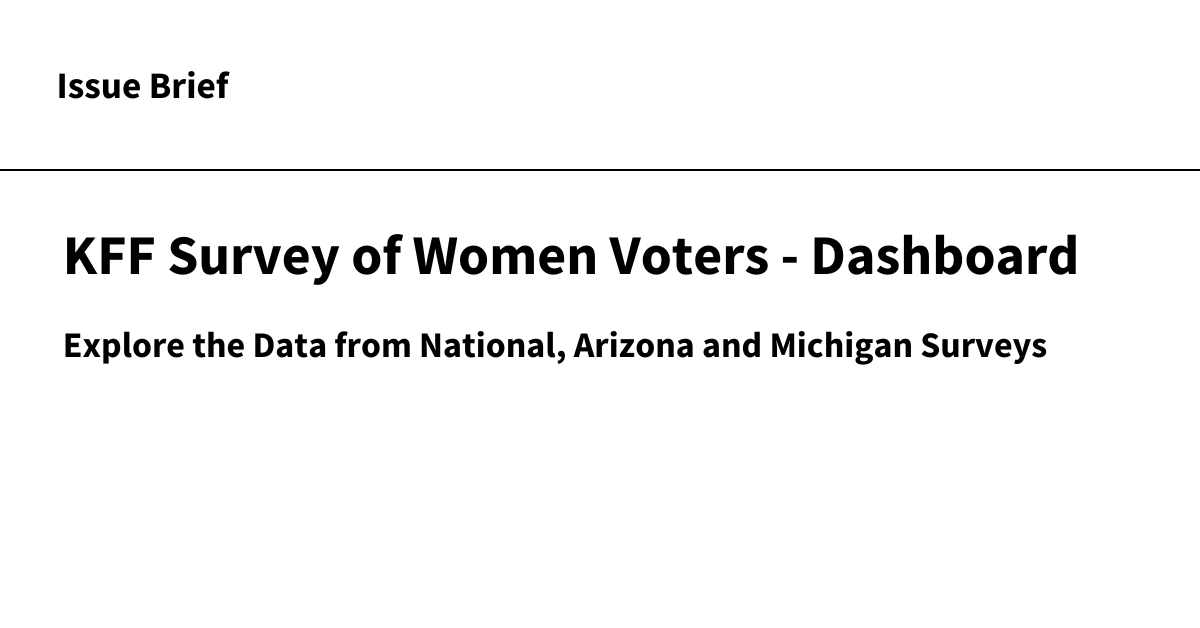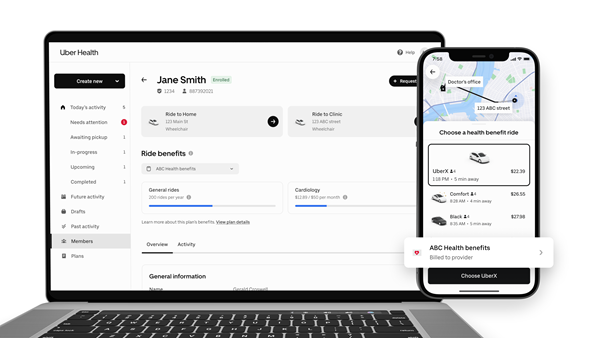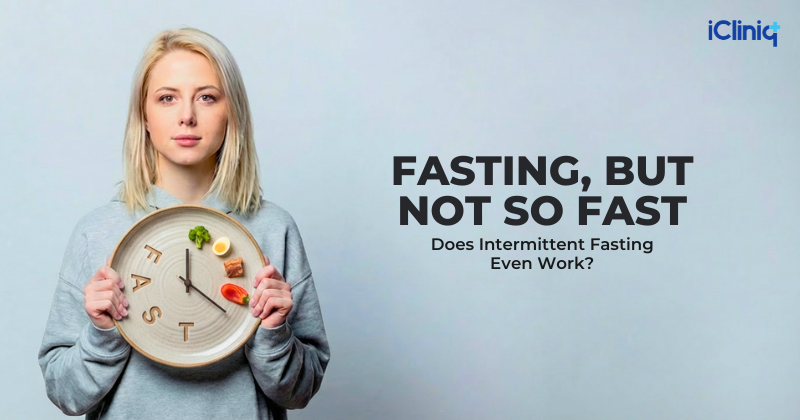While women voters constitute a majority of all voters in most elections, they are a diverse voting bloc with varying opinions and experiences across partisanship, race and ethnicity, and age. This survey is unique in its ability to report on a nationally representative sample of some of the most important groups of women voters including Black women voters, Hispanic women voters, women voters across age groups including those of reproductive age (ages 18-49), women voters by partisanship, White women (who are the largest group of voters, representing about two-fifths of the total electorate, but rarely vote as a monolith), and suburban women. Below are additional analyses of specific groups of women voters that will be key in the upcoming election. See the Polling Insights section for more information and more in-depth reports on each of these groups. As more analyses are published, key findings will be added to this section.
Suburban Women Voters
The KFF Survey of Women Voters finds suburban women still lean Democratic and nearly half say they plan on voting for President Biden in November. Yet for many, inflation is top of mind – an issue that four in ten say neither political party does a better job of addressing. On the key issue of abortion, suburban women align most closely with the Democratic Party in terms of the policies they support. Women voters living in the suburbs who are Republican or lean Republican are more supportive of broader abortion access than their rural counterparts, even though more than half of suburban Republican women (58%) identify as pro-life (which is similar to the share of rural Republican women who say the same). Half of Republican suburban women say they think abortion should be legal in all or most cases, and one in four (26%) say the Republican Party has done too much to restrict access to reproductive health services. More analysis on suburban women voters can be found here.
Black Women Voters
For decades, Black women have consistently been a reliable voting base for the Democratic Party, and in recent elections Democrats have garnered support from large majorities of Black women. However, the KFF Survey of Women Voters shows that many Black women do not feel either political party is looking out for their interests, and express dissatisfaction with their candidate options. While Black women still largely support President Biden in 2024, some of his previous supporters say they don’t plan to vote for him this fall. Among Black women voters, one quarter of those who voted for Joe Biden in 2020 now say they either plan to vote for Trump in 2024 (8%) or say they will not vote (14%). More analysis on Black women voters can be found here.
About half of Black women voters say that inflation, including the rising cost of household expenses (53%) is the most important issue determining their vote in the 2024 presidential race. Families across the U.S. have been hit hard by the rising cost of household expenses, and Black women voters especially report worrying about affording basic household items for themselves and their families, with about half or more saying they worry “a lot” about affording food (59%), utilities (53%), health care (51%), and housing costs (48%).
When deciding who to vote for this fall, Black women voters put a lot of emphasis on the candidates’ personal characteristics and experience. Two-thirds (64%) of Black women voters nationally say a candidates’ personal characteristics, including their leadership ability, character, values, and experience will make the biggest difference to their vote, more than twice the share who say the candidates’ stance on the issues matters most (29%). Reflecting on one of these personal characteristics, a majority of Black women voters say that President Biden respects women generally (57%) and the women he interacts with “a lot” (61%). Very few (4% and 2% respectively) say the same of former President Trump, while majorities say Trump respects women “not at all.”
Hispanic Women Voters
Hispanic Americans account for half the growth of the voting-age population in the U.S. since the 2020 presidential election, and their diversity of opinion and experiences is as great as their numbers. Hispanic women in particular are an important segment of American voters, as they have historically turned out at higher rates than Hispanic men. In a close election, the turnout of Hispanic women voters may tip the scale toward either candidate. More analysis on Hispanic women voters can be found here.
Half (52%) of Hispanic women voters ages 18 to 44 say they were better off financially during Trump’s presidency, compared to one in ten who say they are better off now under President Biden and about four in ten (37%) who say there is no difference. Financial security appears top of mind for this voting bloc, among whom six in ten cite inflation as the top issue determining their vote (62%).
Though Trump may have a comparative advantage on voters’ perceptions of their financial situations during his presidency, Biden does better among younger Hispanic women voters on reproductive health issues. This group is over twice as likely to say they trust Biden over Trump to do a better job deciding policy related to abortion access (40% vs. 19%) and birth control access (45% vs. 18%) in the U.S. Though once again, four in ten say they trust neither candidate to do a better job in each of these areas (41% and 37%, respectively).
Publisher: Source link










